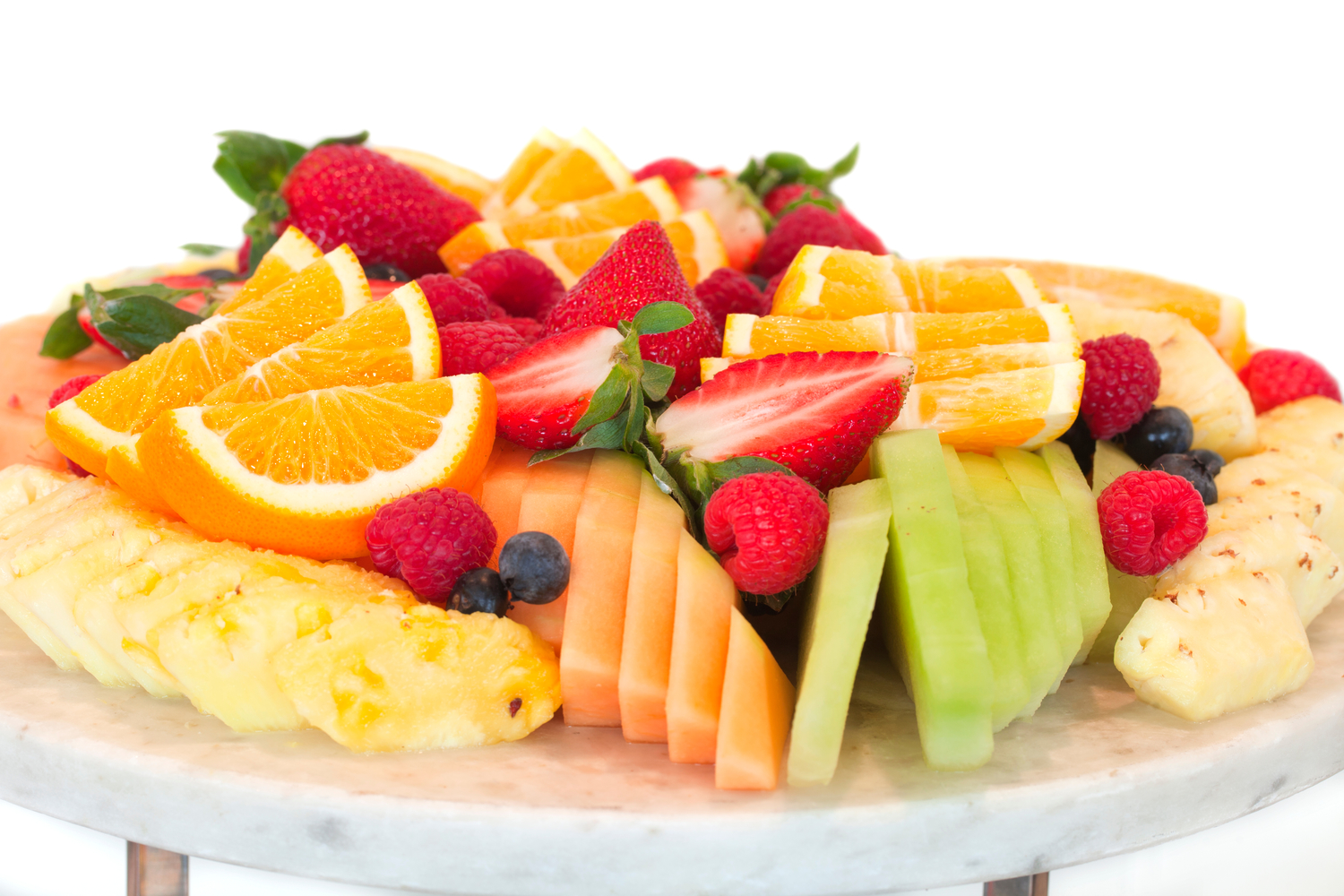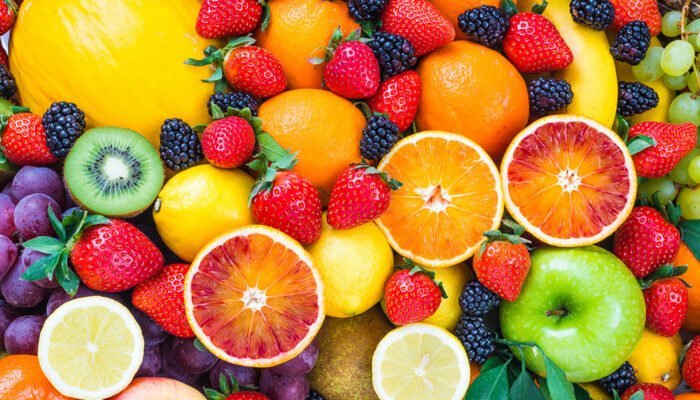
Dietary Tips for Sleep Apnea
Sleep apnea can be treated effectively by your doctor, but you can also supplement the treatment with making smart dietary choices. This not only reduces the distressing symptoms of the condition but also reduces the risk of developing other medical issues. A 10% weight loss can provide a 30-50% benefit that reduces the severity of the symptoms.
Quick facts about sleep apnea
- “Apnea” is the inability to breathe for 10 seconds or more.
- Sleep apnea affects nearly 7% of the country’s adult population, with the obesity numbers increasing steadily.
- The risk of developing cardiovascular disease is 2.5 times higher in sleep apnea sufferers.
- Other chronic conditions, such as diabetes, cognitive dysfunction, reduced libido, anxiety, hypertension, etc., may also be related to sleep apnea.
- Obstructive sleep apnea can cause at least 15 episodes of respiratory distress during a night’s sleep, resulting in fatigue and psychological problems.
Dietary tips for sleep apnea
Sleep-inducing foods
Consuming more foods that promote sleep can help you get better quality and quantity of sleep. Foods that contain melatonin are an excellent choice. They include corn, asparagus, cucumber, grapes, cherry, tomatoes, and broccoli. Other melatonin rich foods include omega-3 fatty acid-containing products such as salmon, tuna, and shrimp.
Fruit and vegetables
Keep a selection of cut vegetables like carrots and cucumber, fruits like grapes and apples, melon and berries, etc., in your fridge. They come in handy when you have a snack-attack. Instead of munching unhealthy and calorie-loaded stuff, reach for these healthier alternatives.
Dairy alternatives
Low-fat dairy products can be chosen instead of their rich, creamier alternatives. They help you feel full for longer and also help in weight management while giving your body the essential vitamins and proteins it needs. Choose low-fat milk, skimmed cheeses, and get quick results.
Grains
It’s important to balance your diet with whole-grains that add fiber and essential nutritional components. The next time you are grocery shopping, make sure that you add products like oats, whole-wheat cereal, and multigrain bread to your shopping cart.
Avoid saturated fats
Vegetable and plant-based oils are a great alternative that can be substituted for butter. They help to reduce weight, lower your cholesterol levels, and are easier and quicker to digest.
Stay away from fatty foods
Calorie-rich snacks and high-fat meats such as beef and pork lead to obesity when consumed regularly. Cooking lean meats and fish such as chicken and turkey the right way helps to retain their beneficial qualities. Avoid deep-frying and use other methods such as steaming, boiling, or grilling with minimum fat for best results. Bananas, especially over-ripe ones, can increase sleep apnea symptoms.
Cut down on sweets
There’s a strong link between dental hygiene and sleep apnea. Sugary snacks cause a build-up of plaque. If left untreated, poor oral hygiene obstructs the airways and increases sleep apnea symptoms.
Avoid using night-caps
Having a drink or two shortly before going to bed causes your throat and mouth muscles to relax, leading to obstruction of the air passages.



